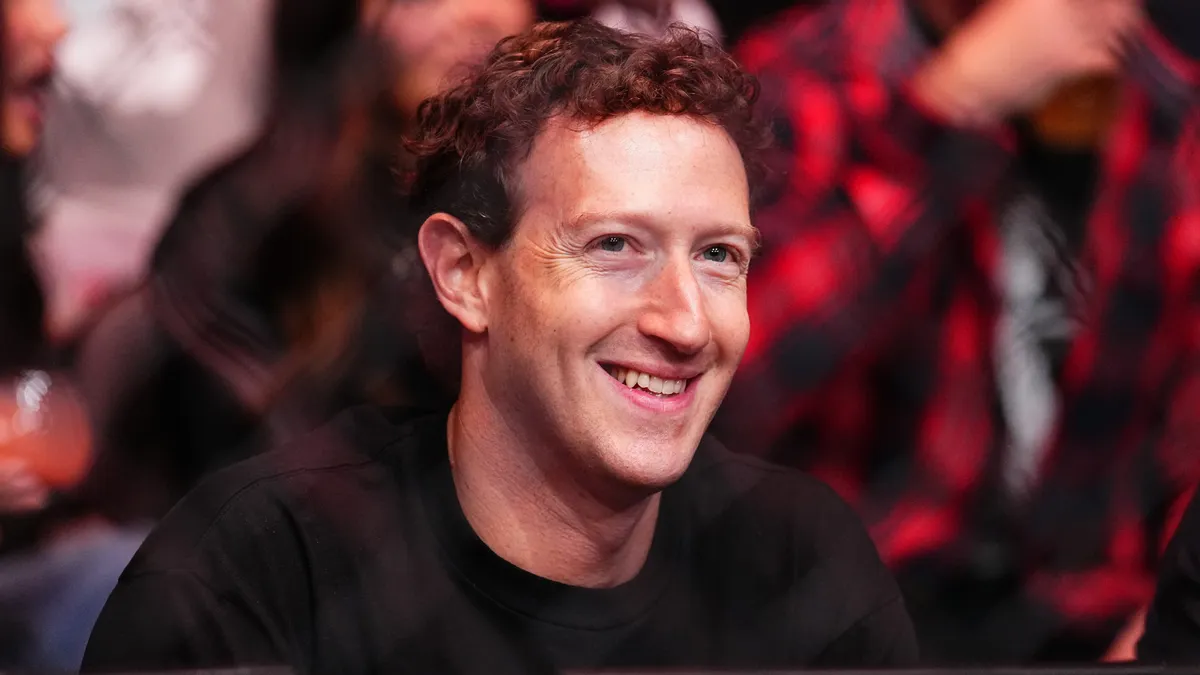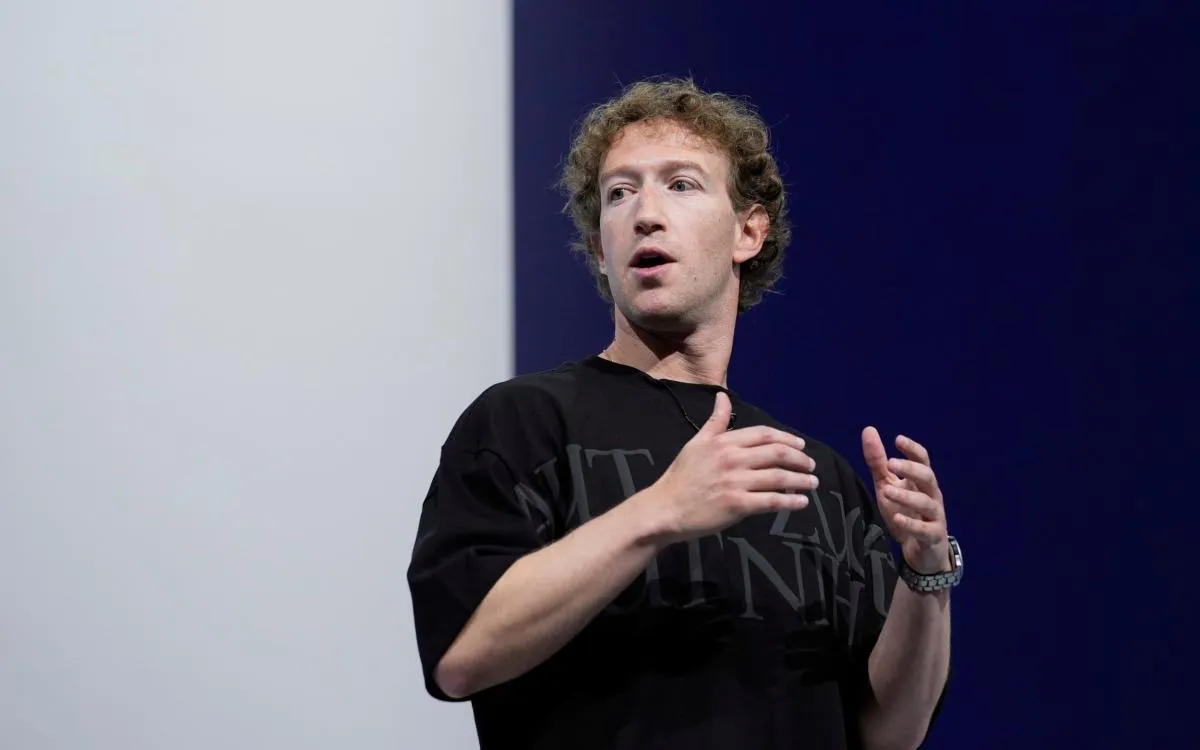Mark Zuckerberg, co-founder and CEO of Meta Platforms and Facebook, has recently stirred considerable controversy with his comments on “masculine energy” and its role in corporate culture. During his appearance on The Joe Rogan Experience podcast, Zuckerberg expressed his views that most companies are overly “neutered” by feminine energy and could benefit from embracing more masculine traits. His comments have not only ignited a firestorm of backlash on social media but also made a particular scene from the film The Social Network even more poignant for fans.

In the critically acclaimed movie, there’s a memorable moment where Eduardo Saverin, played by Andrew Garfield, reacts to Zuckerberg’s betrayal by smashing his computer. With Zuckerberg’s recent remarks, fans are humorously wishing that Eduardo had gone further and destroyed all of Zuckerberg’s computers. This sentiment reflects the broader dissatisfaction and humor percolating online regarding Zuckerberg’s stance, as netizens creatively link his real-life persona with his cinematic portrayal.
A Scene from “The Social Network” Highlights the Debate
The Social Network, which details the tumultuous early days of Facebook, features a scene that has been etched in the minds of moviegoers. When Eduardo discovers that Zuckerberg (portrayed by Jesse Eisenberg) has drastically reduced his stake in Facebook, his response is to physically attack Zuckerberg’s computer. This scene has resurfaced in public discourse, symbolizing the pent-up frustrations some feel towards Zuckerberg’s recent comments and his perceived attitudes towards gender roles in the workplace.
The reaction on social platforms like X (formerly Twitter) was swift and scathing. Users posted memes and comments suggesting that Garfield’s character should have taken more drastic actions — a satirical reflection on their displeasure with Zuckerberg’s views. Comments ranged from humorous frustrations about missed opportunities to stop Zuckerberg to outright criticism of his perspective on corporate culture needing more aggression and “masculine energy.”

Balancing Perspectives: Zuckerberg’s Attempt at Nuance
Amidst the criticism, it’s notable that Zuckerberg also highlighted his personal connection to feminine energy at home, stating he grew up with three sisters, has three daughters, and strongly supports women succeeding in corporate environments. He acknowledged the potential discomfort women might feel in overly masculine corporate settings and expressed a desire for a balanced energy that supports all individuals in a company.
However, these remarks did little to quell the discontent brewing among fans and critics who see his comments as a step back in the ongoing dialogue about gender equality in the workplace. The backlash has not only revived discussions about The Social Network but also positioned Zuckerberg once again in the spotlight for reasons he might not have intended.

A Film Scene Becomes a Cultural Touchstone
Mark Zuckerberg’s attempt to discuss gender dynamics in corporate culture has inadvertently reinforced how influential cinema can be in framing public perceptions of real individuals. The destruction of a computer in The Social Network has become more than just a dramatic plot point; it’s now a cultural symbol for expressing dissent against perceived corporate and societal imbalances. As the debate continues, and with talks of a sequel to The Social Network, this discourse around Zuckerberg’s comments and the iconic film scene underscores the complex interplay between media representation and public opinion.